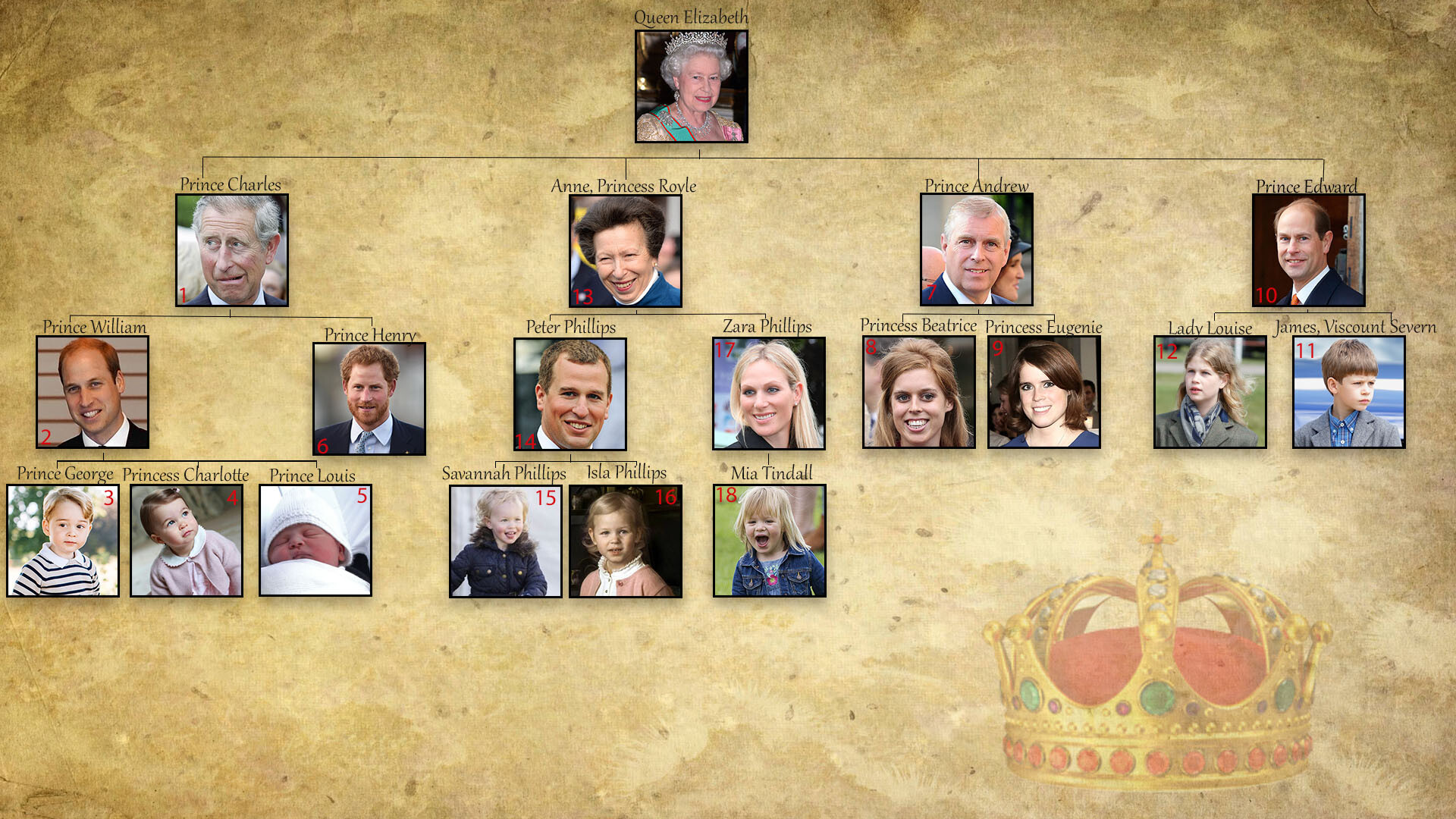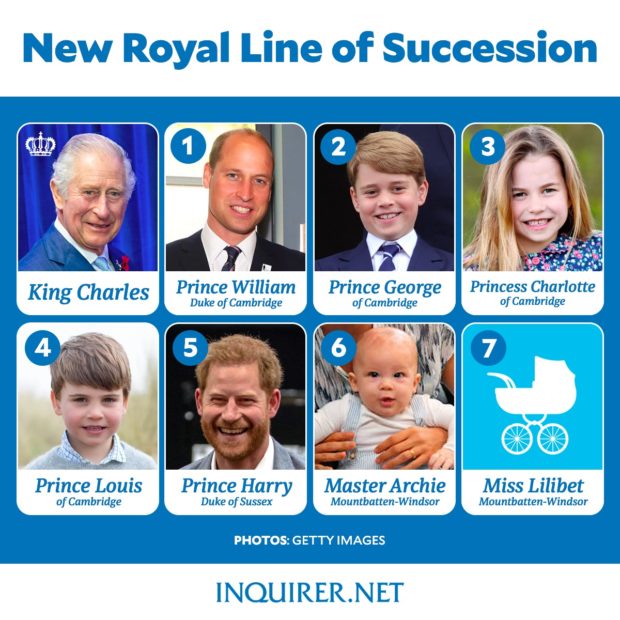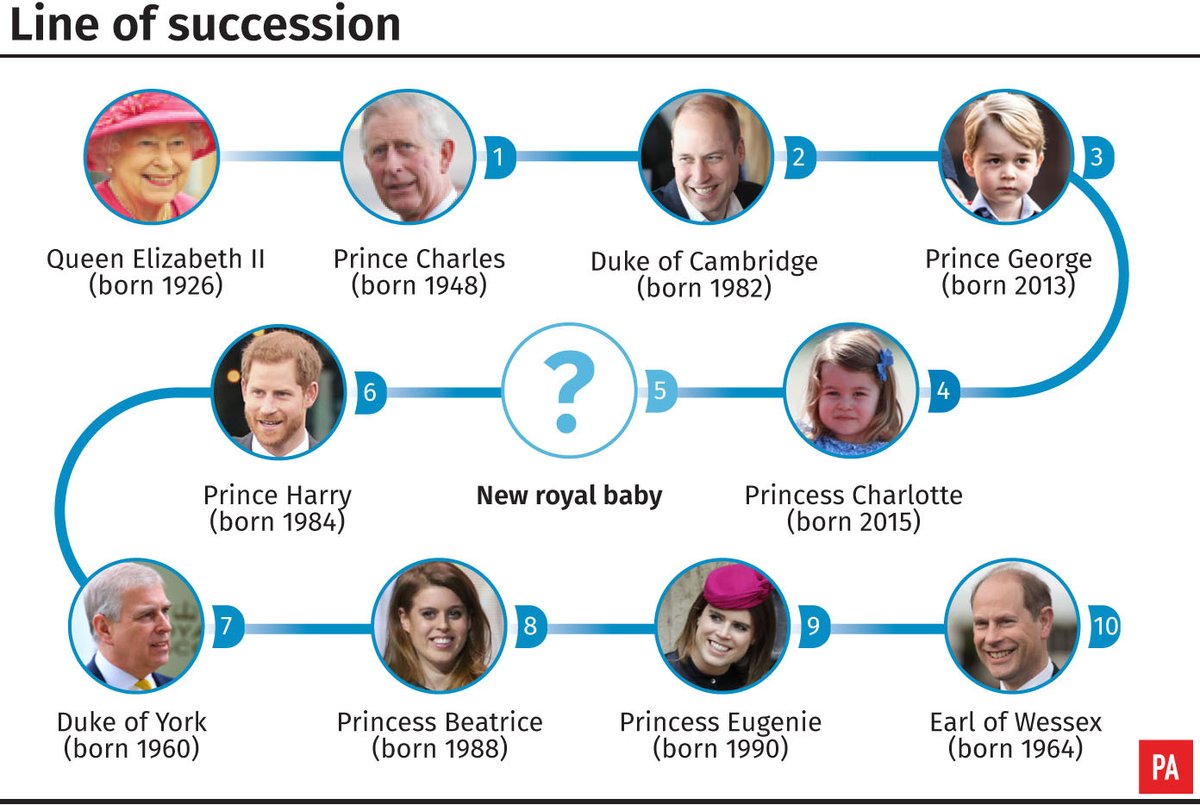Hey there, history buffs and royal enthusiasts! Let’s dive into the fascinating world of the succession English throne. It’s not just about crowns, castles, and ceremonies; it’s a deep dive into tradition, politics, and power. The British monarchy has been around for centuries, and its succession process is as intriguing as it is complex. So buckle up, because we’re about to unravel the secrets of this storied lineage.
The succession English throne is more than just a royal family tree. It’s a reflection of how history shapes the present and influences the future. From the Wars of the Roses to modern-day constitutional monarchy, the journey of the English throne is filled with twists, turns, and drama. And trust me, there’s no shortage of captivating stories here.
This article will take you through the ins and outs of the English throne, from the rules that govern succession to the personalities who’ve shaped its history. Whether you’re a hardcore history lover or just someone curious about the royals, this is the place to be. So let’s get started, shall we?
Read also:John Cusimano The Remarkable Journey Of A Tech Innovator And Visionary
Table of Contents
- Rules of the Succession English Throne
- A Brief History of the Throne
- The Current Line of Succession
- Challenges in the Succession Process
- Controversies Surrounding the Throne
- Reforms and Modernization
- Role of the Monarch
- Parliament’s Role in Succession
- The Future of the English Throne
- Impact on British Society
Rules of the Succession English Throne
The rules governing the succession English throne are steeped in tradition and legal frameworks. The Act of Settlement 1701 is the cornerstone of these rules, which dictate that the throne passes through the Protestant descendants of Princess Sophia of Hanover. This law also ensures that Catholics are excluded from the line of succession, a rule that has sparked debates over the years.
One of the most significant changes came in 2013 with the Succession to the Crown Act. This act abolished the male-preference primogeniture, meaning that the eldest child, regardless of gender, inherits the throne. This change was a nod to modern values and equality, but it also highlighted the monarchy’s ability to adapt while preserving its heritage.
Key Points About the Rules
- Act of Settlement 1701: Established Protestant succession.
- Succession to the Crown Act 2013: Abolished male-preference primogeniture.
- Religious restrictions: Catholics are still excluded from the line of succession.
A Brief History of the Throne
The history of the English throne is a tapestry woven with war, alliances, and dynastic shifts. From the Norman Conquest in 1066 to the present day, the throne has seen countless transitions. The Wars of the Roses, for example, were a series of civil wars fought between the House of Lancaster and the House of York, culminating in the rise of the Tudor dynasty.
Each period brought its own set of challenges and triumphs. The Stuarts, the Hanoverians, and the Windsors each left their mark on the monarchy. The transition from absolute monarchy to constitutional monarchy was a gradual process that reshaped the role of the sovereign in British society.
Major Historical Events
- 1066: William the Conqueror establishes Norman rule.
- 1485: Henry VII ends the Wars of the Roses.
- 1688: The Glorious Revolution marks the beginning of constitutional monarchy.
The Current Line of Succession
As of today, the line of succession English throne is headed by King Charles III. Following him are his sons, Prince William, Duke of Cambridge, and Prince Harry, Duke of Sussex. Prince William’s children, Prince George, Princess Charlotte, and Prince Louis, are also in the line, ensuring the continuation of the Windsor dynasty.
Each name on the list carries with it a unique story and potential impact on the monarchy’s future. The current generation faces the challenge of balancing tradition with modernity, a task that requires both respect for history and an eye toward the future.
Read also:Alexis Real Housewives The Ultimate Guide To Her Glamorous Life And Career
Line of Succession
- 1. King Charles III
- 2. Prince William, Duke of Cambridge
- 3. Prince George of Cambridge
- 4. Princess Charlotte of Cambridge
- 5. Prince Louis of Cambridge
Challenges in the Succession Process
No system is without its challenges, and the succession English throne is no exception. One of the biggest hurdles is maintaining relevance in a rapidly changing world. The monarchy must continually prove its value to the British public, especially in an age where democracy and egalitarianism are celebrated.
Financial transparency, media scrutiny, and public opinion all play a role in shaping the monarchy’s future. The Windsors have faced numerous scandals and controversies, but they’ve also demonstrated resilience and adaptability. The key to overcoming these challenges lies in transparency and engagement with the public.
Controversies Surrounding the Throne
Controversies have always been a part of the monarchy’s story. From questions about the exclusion of Catholics to debates over the monarchy’s relevance in modern Britain, there’s no shortage of topics that spark heated discussions. The abdication of King Edward VIII in 1936 is one of the most famous controversies, where love and duty clashed in a way that altered the course of history.
More recently, the departure of Prince Harry and Meghan Markle from royal duties has reignited debates about the monarchy’s role and its relationship with the media. These controversies highlight the delicate balance between tradition and change.
Reforms and Modernization
Reforms are essential for the survival of any institution, and the monarchy is no different. The Succession to the Crown Act 2013 was a step in the right direction, but there’s still room for improvement. Some argue for the removal of religious restrictions, while others advocate for greater transparency in the monarchy’s finances.
Modernization doesn’t mean abandoning tradition; it means finding ways to preserve the monarchy’s essence while making it more accessible and relevant to younger generations. The Windsors have shown a willingness to embrace change, and this adaptability is crucial for their continued success.
Role of the Monarch
The role of the monarch has evolved significantly over the centuries. Today, the British monarch serves as a ceremonial figurehead, representing the nation on both domestic and international stages. While the monarch has no political power, their influence in shaping public opinion and fostering unity cannot be underestimated.
King Charles III has already begun to make his mark, focusing on environmental issues and social justice. His vision for a more inclusive and sustainable monarchy reflects the changing priorities of modern Britain.
Parliament’s Role in Succession
Parliament plays a crucial role in the succession English throne. Laws like the Act of Settlement and the Succession to the Crown Act were passed by Parliament, highlighting its authority in shaping the monarchy’s future. Parliament’s involvement ensures that the succession process is transparent and accountable, aligning with democratic principles.
While the monarchy retains its symbolic power, Parliament holds the ultimate authority in matters of succession. This balance of power is a testament to the strength of Britain’s constitutional framework.
The Future of the English Throne
Looking ahead, the future of the English throne depends on its ability to evolve with the times. The monarchy must continue to engage with the public, address controversies, and embrace reforms that reflect modern values. The Windsors have a unique opportunity to shape the monarchy’s legacy for generations to come.
As the world becomes more interconnected, the monarchy’s global influence may grow. By focusing on issues like sustainability, diversity, and inclusivity, the Windsors can ensure that the throne remains a symbol of unity and progress.
Impact on British Society
The impact of the succession English throne extends beyond the royal family itself. It affects British society in profound ways, shaping national identity, cultural values, and political institutions. The monarchy’s presence provides a sense of continuity and tradition in an ever-changing world.
For many, the monarchy represents a connection to the past, a reminder of Britain’s rich history and cultural heritage. At the same time, it serves as a catalyst for discussions about democracy, equality, and the future of the nation. The monarchy’s ability to balance tradition with progress will determine its relevance in the years to come.
Conclusion
The succession English throne is a fascinating subject that touches on history, politics, and culture. From the rules that govern succession to the personalities who’ve shaped its history, this journey is as complex as it is captivating. The monarchy’s ability to adapt while preserving its heritage is a testament to its enduring relevance.
As we look to the future, the Windsors face the challenge of balancing tradition with modernity. By embracing reforms, addressing controversies, and engaging with the public, they can ensure the monarchy’s continued success. So, whether you’re a history buff or just someone curious about the royals, there’s no denying the allure of the English throne.
What are your thoughts on the succession English throne? Leave a comment below, share this article with your friends, or check out our other articles for more insights into the world of royalty. Let’s keep the conversation going!


